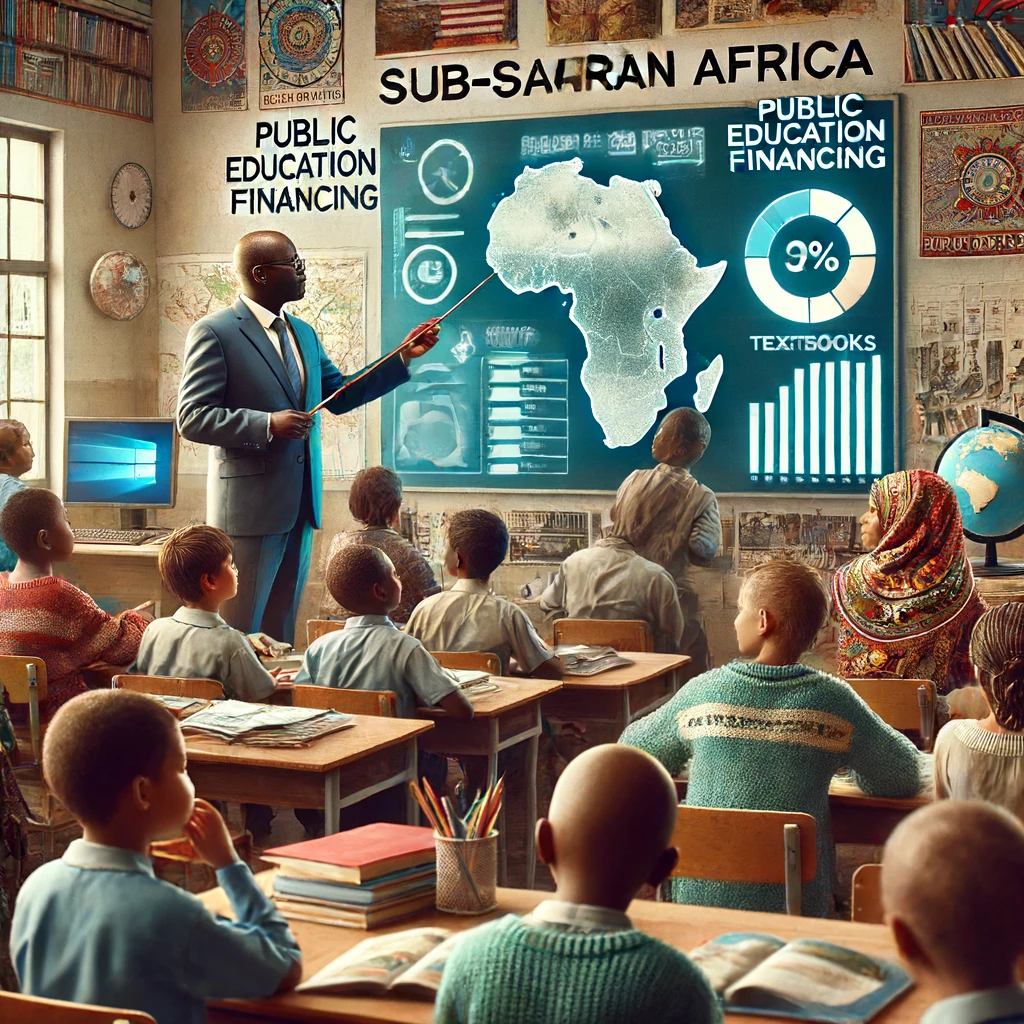UNESCO’s Updated Education Recommendation Launched to Promote Peace, Human Rights, and Sustainable Development in Asia-Pacific
Hyun Mook Lim, Director of APCEIU, stressed the interconnectedness of global issues among diverse peoples, a theme central to the conference's multisectoral programme.

Half a century after its inception, UNESCO’s 1974 Recommendation remains a landmark legal instrument that underscores education's primary role in promoting peace, international understanding, human rights, and fundamental freedoms.
Acknowledging the necessity of evolving educational frameworks for the twenty-first century, UNESCO’s Recommendation on Education for Peace, Human Rights, and Sustainable Development was unanimously adopted by all 194 Member States in November 2023, updating the original 1974 Recommendation.
The revised Recommendation addresses modern complexities by highlighting the interconnections among issues such as gender equality, digital transformation, climate change, human rights, health, well-being, and cultural diversity – all critical for the Asia-Pacific region.
UNESCO and the Asia-Pacific Centre of Education for International Understanding (APCEIU) co-organized the Regional Policy Dialogue and Launch of the ‘Recommendation on Education for Peace, Human Rights, and Sustainable Development’ in Asia-Pacific from June 5 to 7, 2024, in Bangkok. The event was supported by the Centres of Asia-Pacific Excellence (CAPEs), the New Zealand Centre for Global Studies, and Sophia University, Japan, and co-hosted by Thailand’s Ministry of Education. Nearly 150 participants from over 20 countries across the Asia-Pacific gathered for this interdisciplinary event.
In her welcoming remarks, Soohyun Kim, Regional Director of the UNESCO Regional Office in Bangkok, emphasized education's transformative power in fostering tolerance among diverse peoples and between humanity and the planet.
Reflecting the Recommendation's whole-of-society approach towards advancing peace, human rights, and sustainable development through education, the three-day conference saw participation from a wide range of sectors, extending beyond education.
Thailand's Minister of Education, Permpoon Chidchob, highlighted the importance of collaboration for sustainable development within and beyond national borders in his keynote speech.
Hyun Mook Lim, Director of APCEIU, stressed the interconnectedness of global issues among diverse peoples, a theme central to the conference's multisectoral programme.
Christopher Castle, Director of the Division for Peace and Sustainable Development at UNESCO, introduced the key highlights of the revised Recommendation during the launch session. He emphasized that the vision is guided by a broadened understanding of peace, anchored in human rights, viewing peace as a positive, participatory process nurtured through upholding the dignity, rights, and capacities of every individual.
The meeting stimulated dialogue through informative and lively plenary sessions, panel discussions, and collaborative workshops. These sessions addressed the challenges and opportunities for translating the Recommendation’s vision and guidelines into holistic, interdisciplinary action across Asia and the Pacific. For instance, the plenary session ‘Co-Creating our Roadmap to the Future: Youth Perspectives on the Recommendation’, co-led by Asia-Pacific members of the SDG 4 Youth and Student Network and UNESCO, facilitated intergenerational dialogue, allowing youth panelists and participants to exchange insights on addressing young people's needs in the region.
Over three days, the meeting convened four expert-led panels focusing on the Recommendation's key action areas: Policy; Capacity Development and Monitoring; Curriculum, Pedagogy, and Assessment; Teacher Development; and Lifelong Learning (LLL). Discussions emphasized enhancing critical thinking, adopting media literacy, strengthening SDG 4.7 Sustainable Development and Global Citizenship monitoring, and follow-up evaluation.
Participants emphasized the need to reshape education to focus on social cohesion, equity, and equality, ensuring everyone's human rights. This involves creating a safe, respectful ecosystem and shifting from academic stresses to a more holistic educational agenda. Discussants highlighted the need for transformative pedagogies, strengthening teacher training and autonomy, and redefining assessment for holistic student development. It was agreed that education for peace, human rights, and sustainable development should extend beyond schools, integrating these values into societies and communities for lifelong and life-wide learning.
One key conference activity was engaging participants to gather feedback for co-creating a regional ‘Roadmap’ for diverse stakeholders, aimed at integrating the updated Recommendation into Asia-Pacific national education policies and practices.
- READ MORE ON:
- UNESCO
- Sustainable Development










